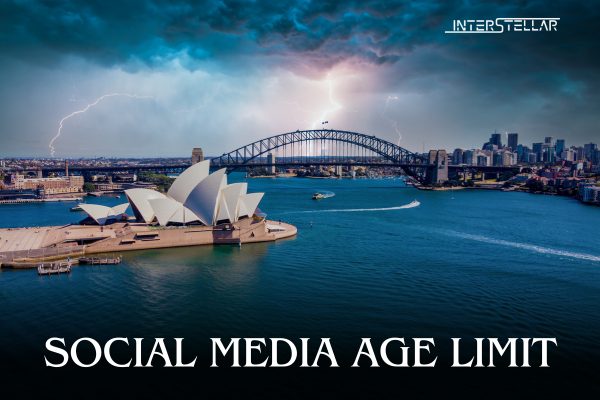Australia Plans Social Media Age Limit Amid Health Concerns
Australia is considering a minimum age limit for social media use, citing growing concerns about the impact on children’s mental and physical health. Prime Minister Anthony Albanese’s government plans to trial age verification before implementing new laws later this year.
Proposed Age Limit
Although the specific age has not been set, Albanese suggested the limit would likely fall between 14 and 16 years old. He expressed his desire to see children spend more time engaging in outdoor activities rather than being glued to their screens.
“I want to see kids off their devices and onto the footy fields, the swimming pools, and the tennis courts,” Albanese told the Australian Broadcasting Corporation (ABC). He also highlighted how social media can lead to social harm, justifying the need for these restrictions.
Global Context and Industry Response
If passed, Australia would be among the first countries to enforce a minimum age for social media. Similar efforts by other nations, such as the European Union, have faced resistance due to concerns about limiting online rights for minors.
Meta, which owns Facebook and Instagram, already imposes a self-regulated age limit of 13. The company emphasised its commitment to providing young users with tools to navigate its platforms responsibly. Instead of cutting off access, Meta supports equipping parents with better tools to guide their children online. YouTube’s owner, Alphabet, and TikTok did not immediately respond to requests for comments on the proposed legislation.
Australia’s Online Population and Mental Health Concerns
Australia has one of the most active online populations in the world, with 80% of its 26 million citizens using social media. A 2023 University of Sydney study found that 75% of Australians aged 12 to 17 had used platforms like YouTube and Instagram.
The proposed age limit comes amid a parliamentary inquiry into the effects of social media on society. The inquiry has highlighted emotional testimonies about the negative mental health impacts of social media on teenagers. However, it has also raised concerns about enforcing such a restriction. Critics argue that age limits could drive younger users to conceal their online activity, increasing risks.
Backlash From Digital Rights Advocates
The proposed law has sparked backlash from digital rights advocates. They warn that restrictions may push children towards unregulated, less safe online spaces. Daniel Angus, director of Queensland University of Technology’s Digital Media Research Centre, described the move as “knee-jerk” and cautioned against the exclusion of young people from positive online spaces.
Australia’s own internet regulator, the eSafety Commissioner, expressed similar concerns. It warned that restriction-based approaches might limit young people’s access to important support networks, forcing them to turn to less regulated services.
DIGI, an industry body representing social media platforms, urged the government to consider the voices of mental health experts, the LGBTQIA+ community, and other marginalised groups. They fear a ban could unintentionally push vulnerable young people into unsafe corners of the internet.





